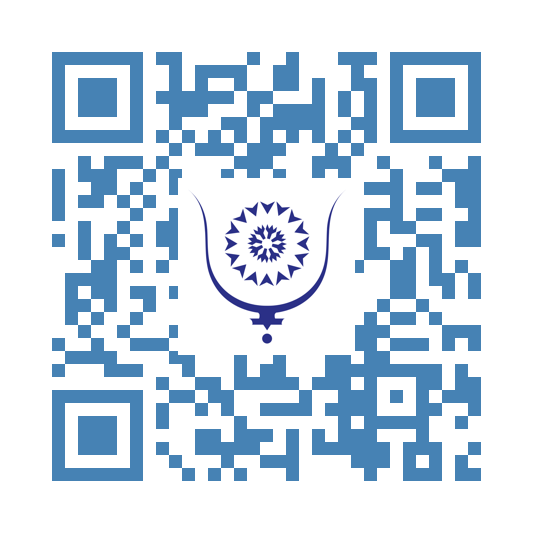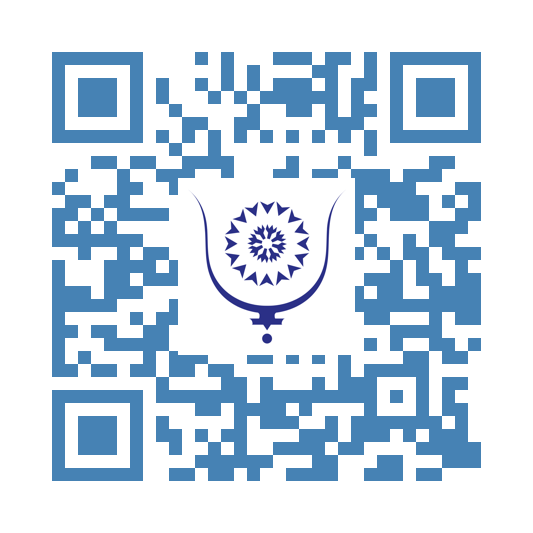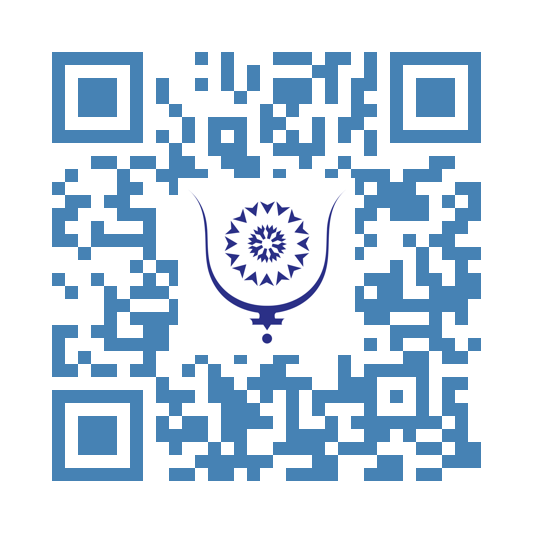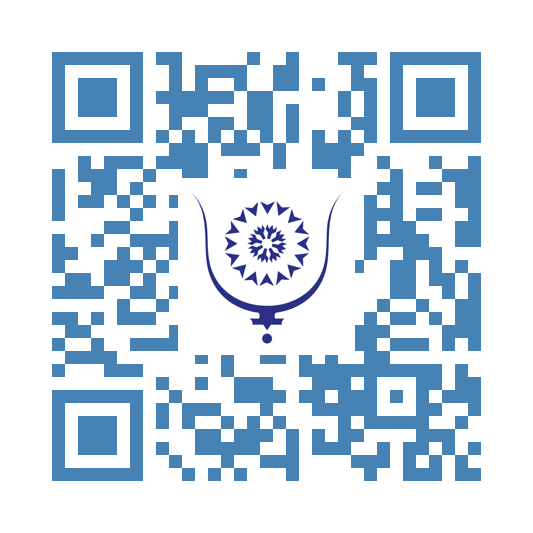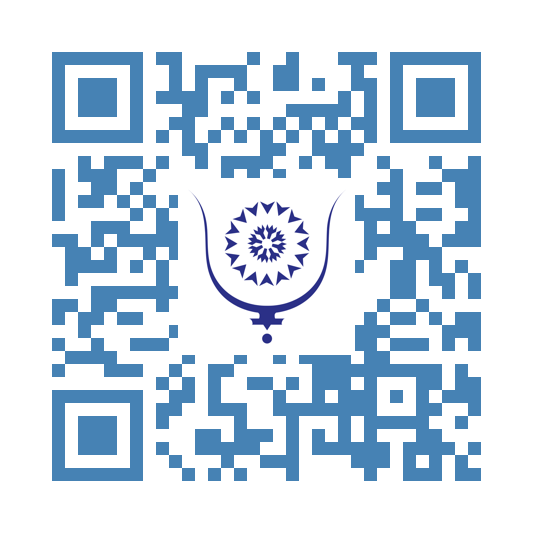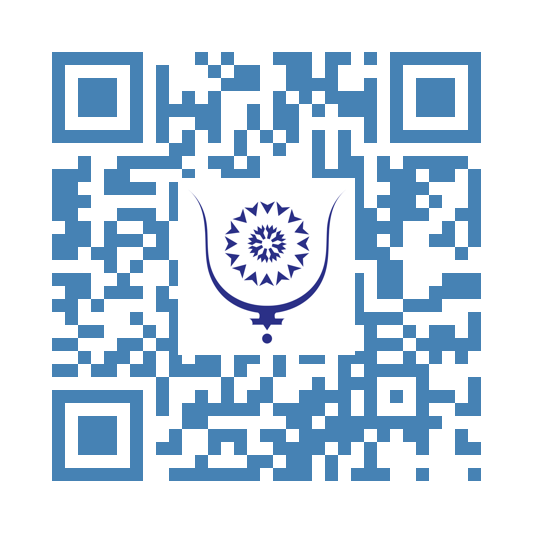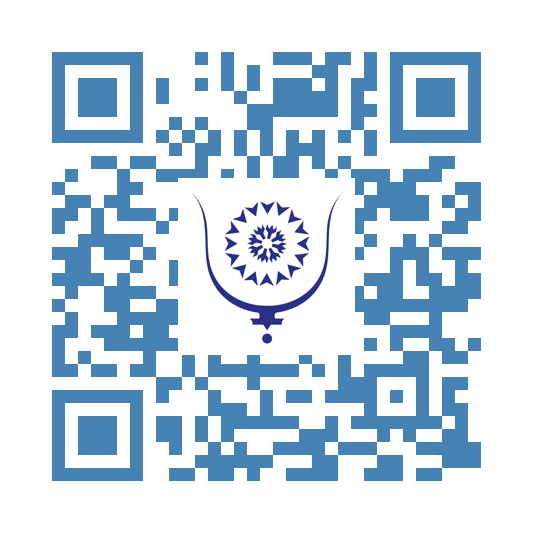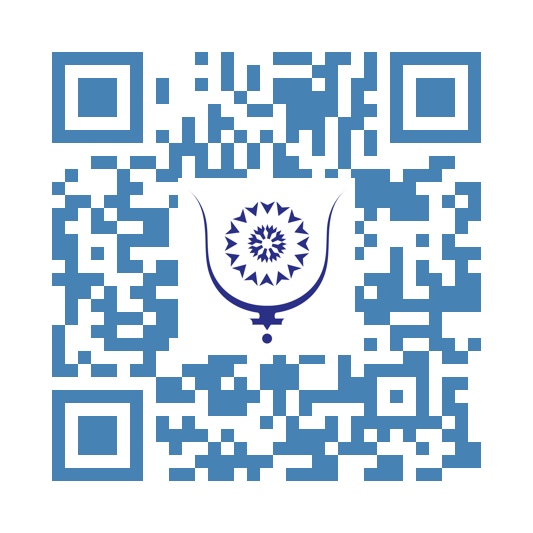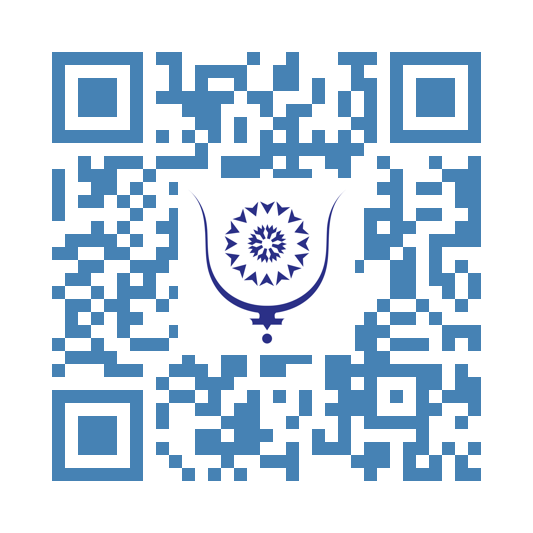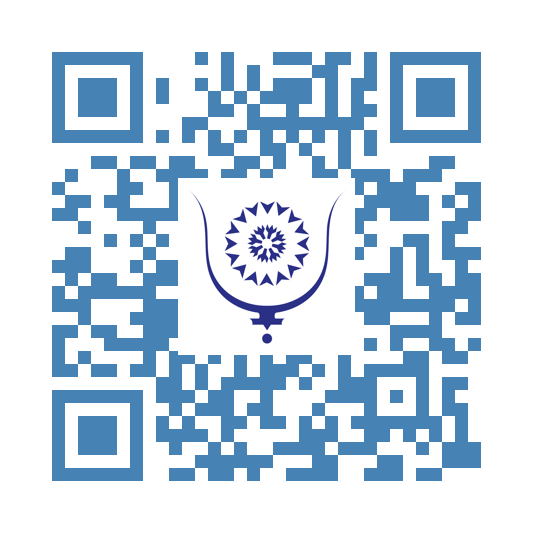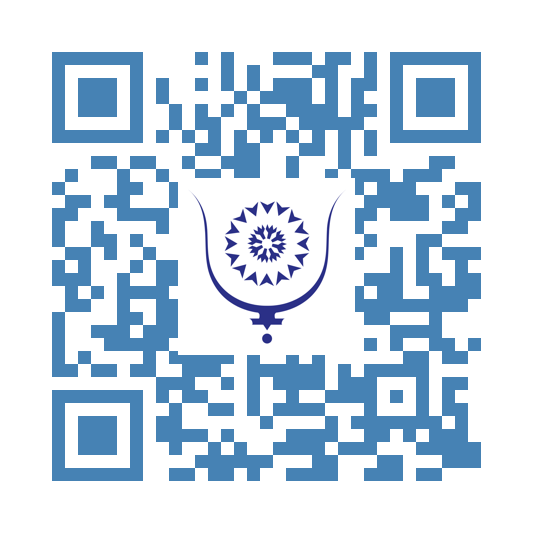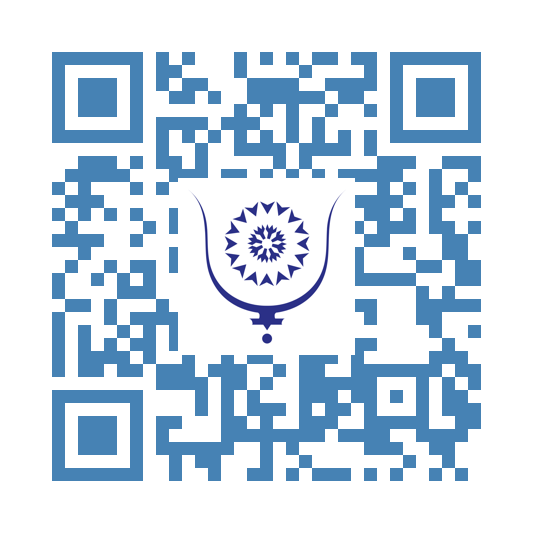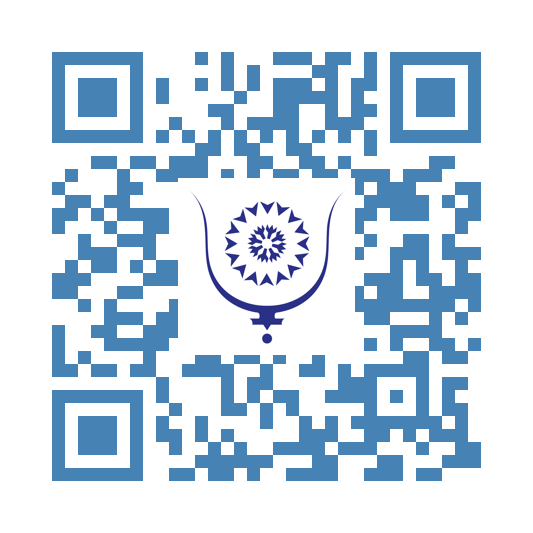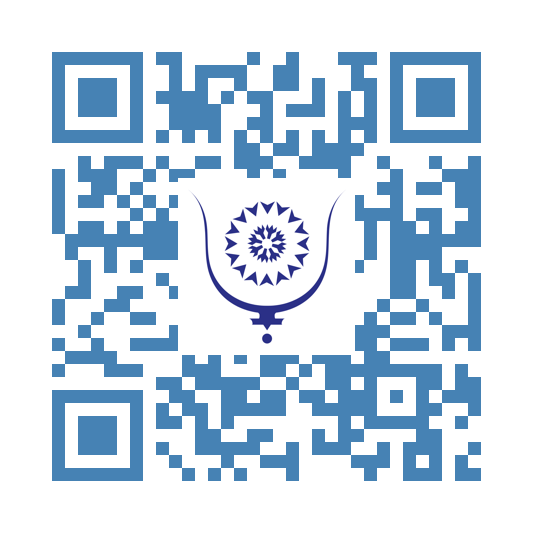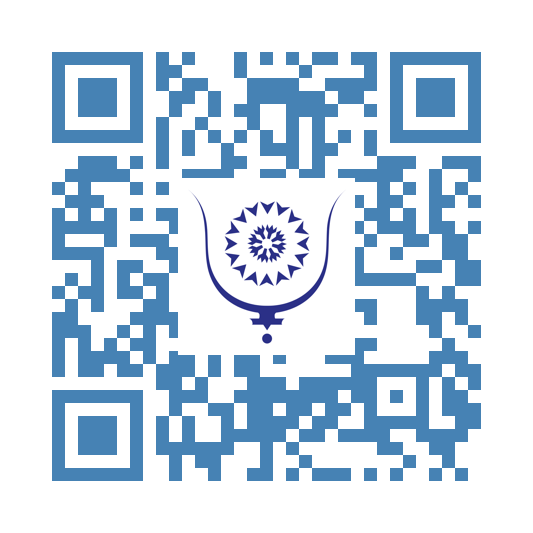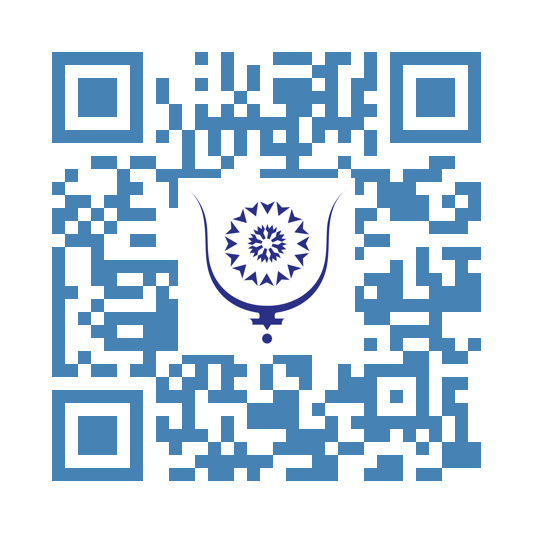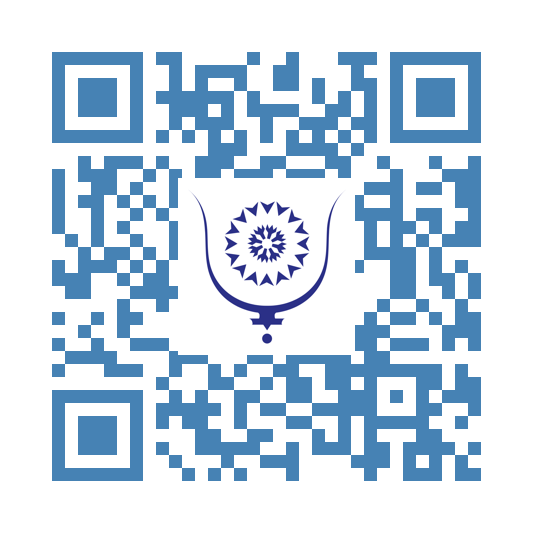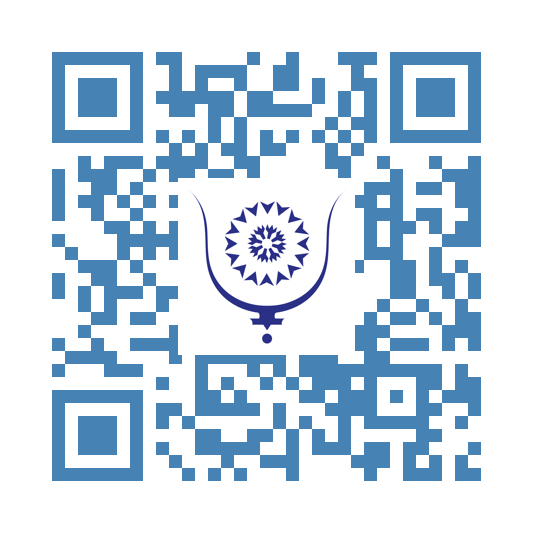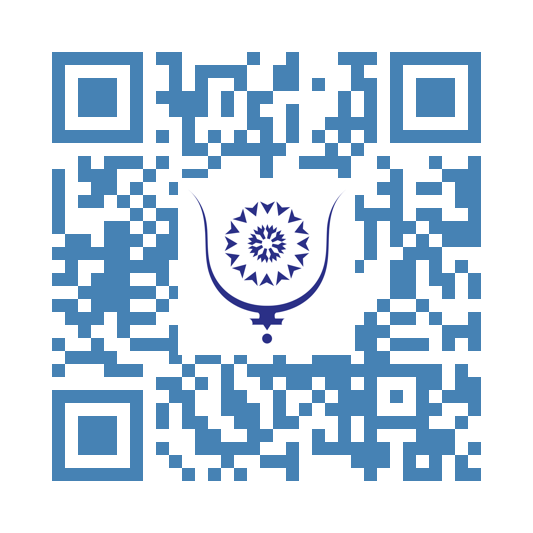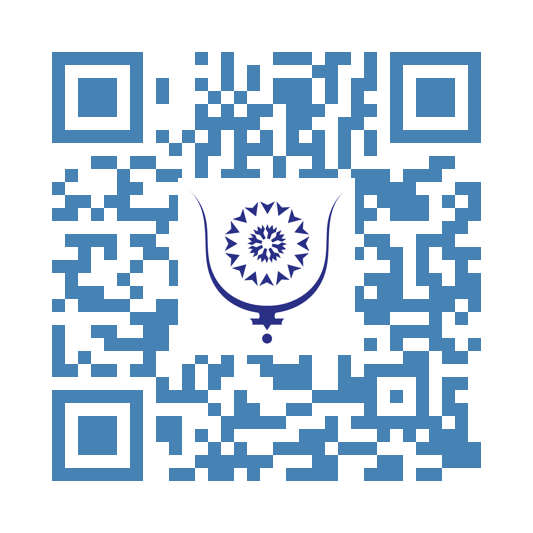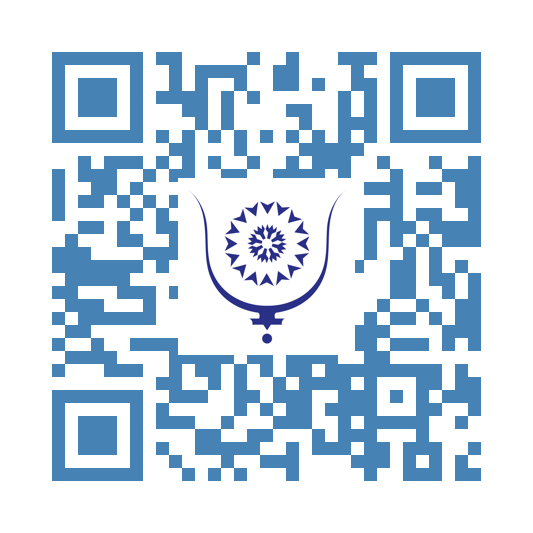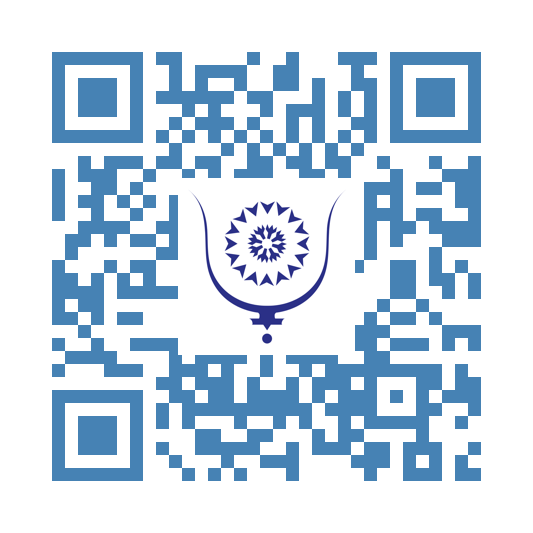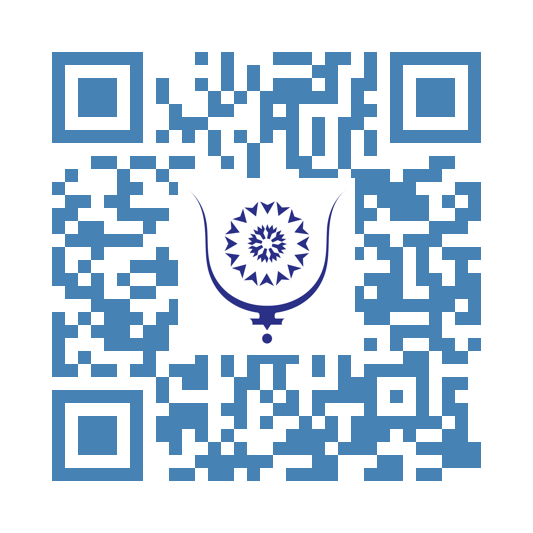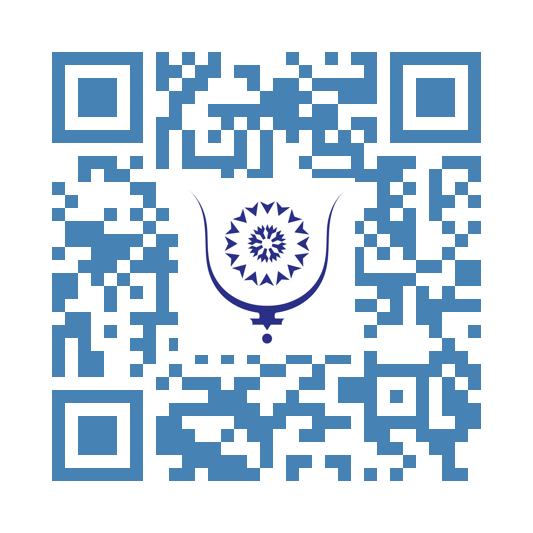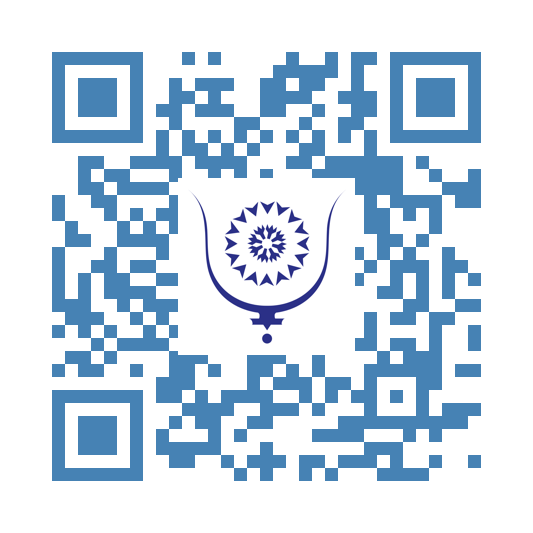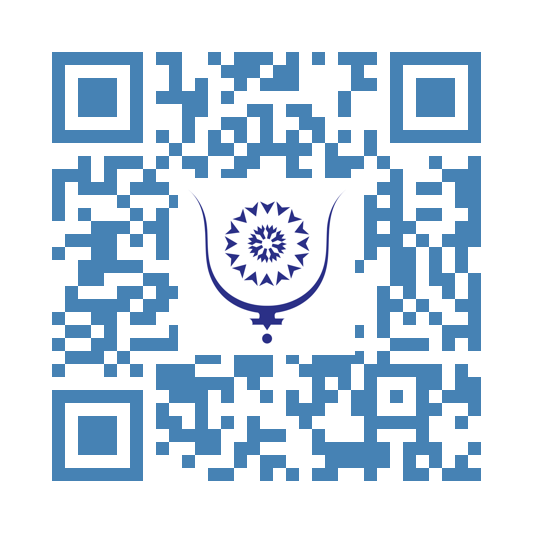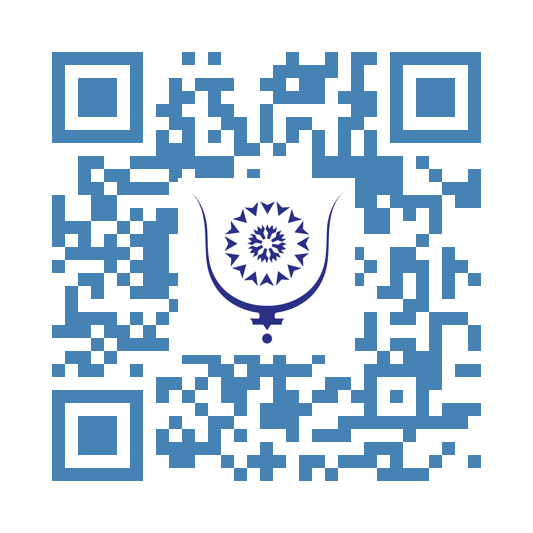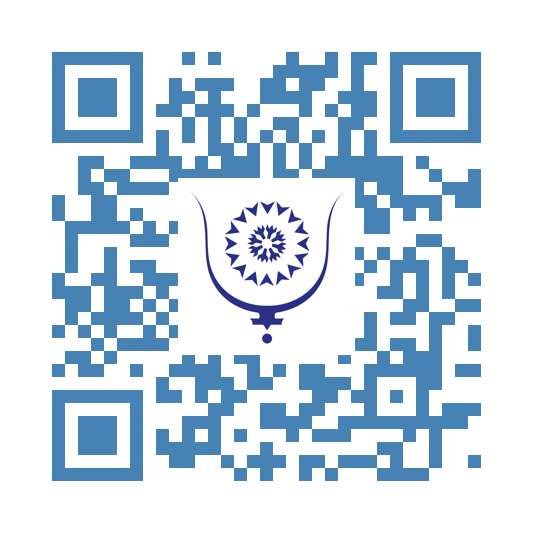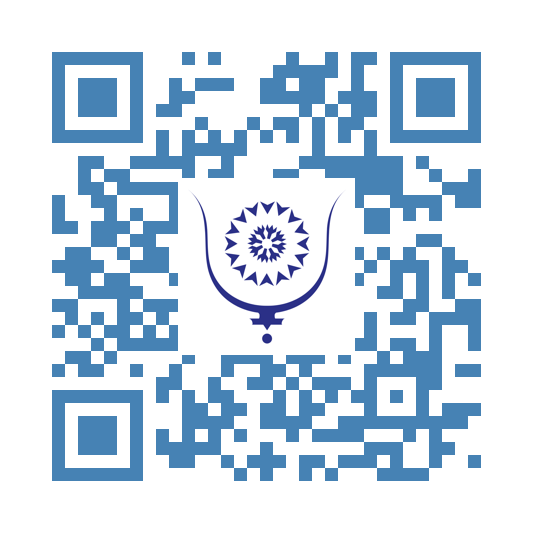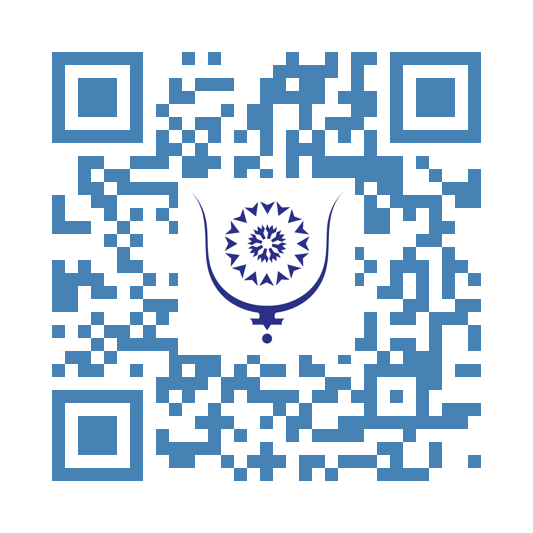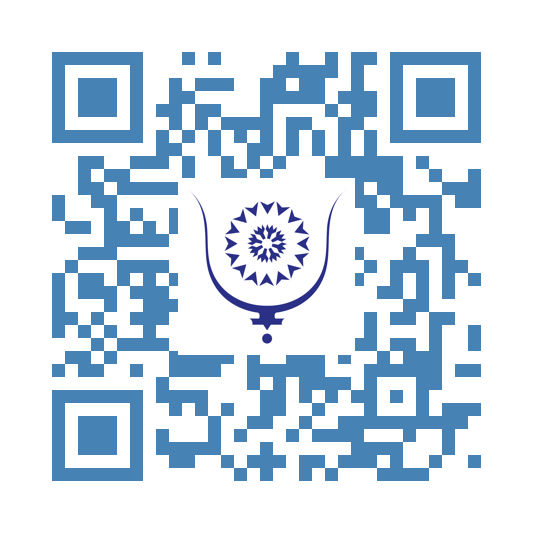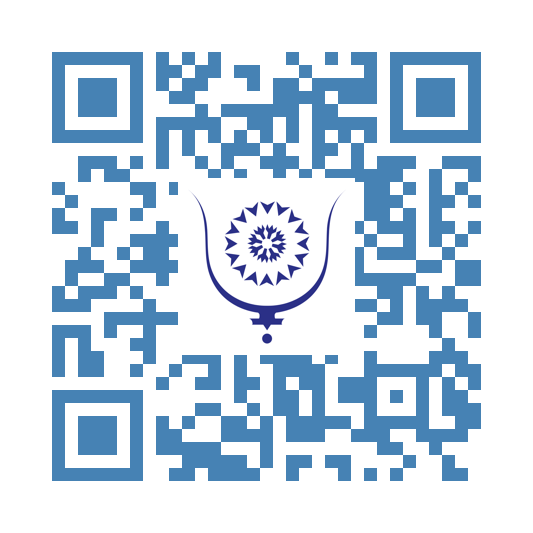Chapter 1: Core Premise
6631
I observe a pervasive but rarely examined habit in contemporary thought: human inquiry is arranged along an implicit spectrum of objectivity. Physics, chemistry, and formal mathematics are placed at one extreme, treated as paradigms of certainty grounded in measurement, reproducibility, and invariant law. This placement arises not from intrinsic epistemic superiority but from historically contingent access to precise measurement, tractable variables, and high signal-to-noise environments, which permit cumulative knowledge to develop rapidly. At the opposite extreme, the humanities and much of the social sciences are relegated to a realm of supposed subjectivity, governed by interpretation, cultural contingency, and perspective. This relegation is enforced institutionally and socially, producing professional hierarchies that shape curricula, research funding, and the perceived legitimacy of knowledge. Between these poles sit disciplines that trouble the classification itself, including economics, management, medicine, and the biological sciences, which are alternately criticized as insufficiently rigorous or regarded as scientific yet compromised by complexity, variability, and ethical constraint. These hybrid domains demonstrate that epistemic rigor is not a function of disciplinary label but of methodological discipline, computational capacity, and explicit assumption.
When this hierarchy is treated as natural, it imposes lasting intellectual costs. Entire domains are exempted from the expectation of cumulative, model-driven understanding, while others are placed under perpetual suspicion.
This work advances a precise claim: the pursuit of objective understanding constitutes a single methodological enterprise across all domains of inquiry, including the humanities and social sciences. What varies is not epistemological kind but the sharpness of feedback, the density of noise, the degree of reflexivity, and the number of interacting causes. Across domains, the foundational sequence is constant: assumptions and value premises must be made explicit; relevant variables must be operationalized; formal models must be constructed to generate discriminating implications; and these models must be tested, revised, and compared against empirical and practical constraints. Recent advances in computational power, large-scale data availability, causal inference, machine learning, and large language models expand the frontier of tractable analysis, allowing patterns, structures, and regularities to be extracted from domains previously dismissed as irreducibly interpretive.
All phenomena—physical, social, abstract, or experiential—can, in principle, be made objective. Subjectivity is transient, caused by incomplete models, missing information, or limited computation. Closing these gaps allows objectivity to emerge. Mastery of this principle enables the solving of any problem at any scale. Philosophy, science, and mathematics function as concentric orbits guiding this process: philosophy frames questions, establishes principles, and explores meaning; science observes, measures, and maps relationships; mathematics and computation formalize, predict, and optimize outcomes. Inquiry begins at the periphery, where concepts are clarified and commitments articulated. It moves inward through observation and measurement, where claims encounter resistance from reality, and converges through formalization, where ambiguity is reduced to structure. Truth functions as a limit rather than a possession. Progress is measured by the narrowing of plausible explanations rather than by rhetorical victory.
Subjectivity arises when models omit variables, when data under samples reality, or when available methods cannot discriminate among competing models. Bias and intuition are temporary artifacts, not permanent human limitations, and their systematic reduction across domains is a procedural goal. Reality itself is a lattice of interdependent facts and relationships; knowledge emerges by mapping these connections rather than through siloed disciplines. Abstract, social, and physical phenomena obey universal principles of causality and interdependence. Truth can be formalized without stripping meaning or emotion from human experience. Framing the right question is the first step toward convergence, and philosophy provides principles and direction that prepare for empirical investigation.
Observation across atomic, molecular, neural, societal, and abstract layers uncovers interdependent patterns and reveals leverage points. Probabilistic, chaotic, and quantum systems remain tractable under formal modeling, and extreme human phenomena such as beauty, creativity, morality, and emotion can be represented as multi-layered functions connecting biochemistry, cognition, and culture. Insight arises from cross-layer, interconnected modeling, not from adherence to disciplinary silos. Observation, therefore, is universal; patterns are extractable across domains once measurement, computation, and lattice connections are sufficient.
Formalization then converts observation into quantifiable prediction and optimization. The objectivity pipeline proceeds as follows: define, identify variables, map relationships, model, simulate, verify, and optimize. Framing from philosophy guides the science layer, while mathematics converges all domains into predictive structures. Algorithms, AI, simulation, and probabilistic reasoning serve as tools of universal objectivity. Multi-layer latticework modeling connects human, natural, and abstract systems, transforming observation into scalable, actionable insight. This pipeline ensures that domains previously deemed “interpretive” achieve the same procedural rigor as classical sciences.
Applications demonstrate the universality of this approach. Supply chains, healthcare, infrastructure, climate, poverty, geopolitical strategy, ethics, cognition, and AI alignment are analyzable as interdependent networks. Objectivity identifies leverage points missed by siloed approaches. Bias, both cognitive and institutional, becomes a transient artifact rather than a limiting factor. Knowledge functions as infrastructure: scalable, auditable, and self-improving frameworks for human and organizational reasoning.
The final proposition is simple and universal: objectivity is a meta-method, a universal operating system for truth, creativity, and progress. It is scalable from the smallest ethical dilemma to planetary-scale systemic challenges. Convergence toward truth is procedural, measurable, and general. The pursuit of objectivity is not limited by domain, disciplinary prestige, or cultural convention; it is constrained only by the current state of models, data, and computation. The following chapter establishes this framework, embedding all concepts, thinkers, and orbits into a single, cohesive narrative of rigorous inquiry.
Share:
Chapter 1: Core Premise
copy:
https://bluwr.com/p/587326689

